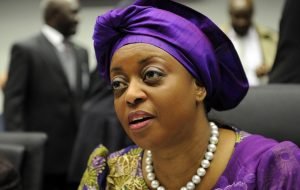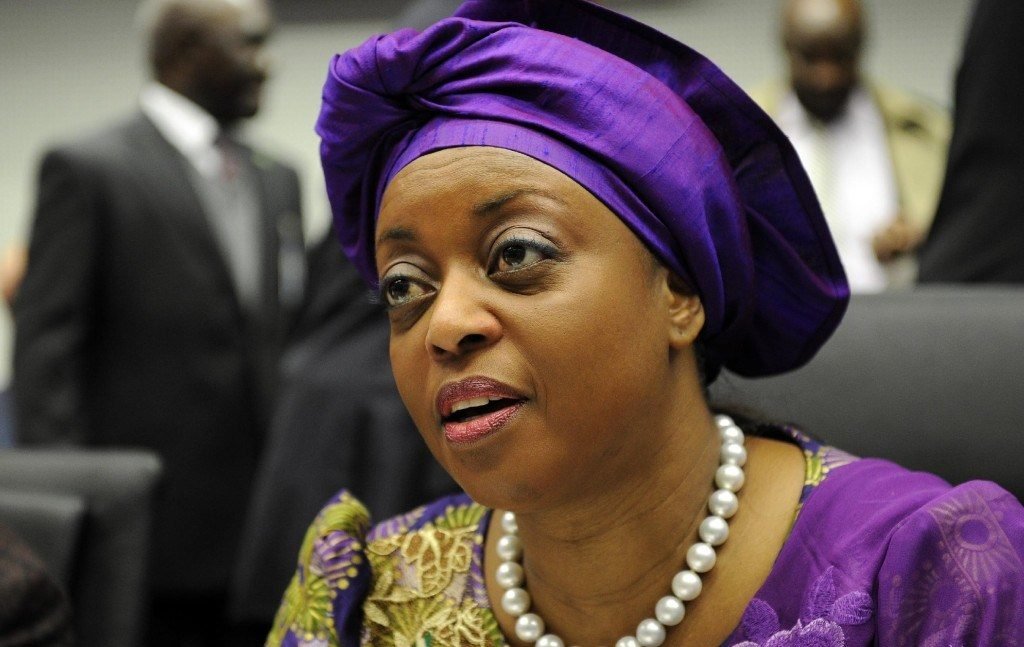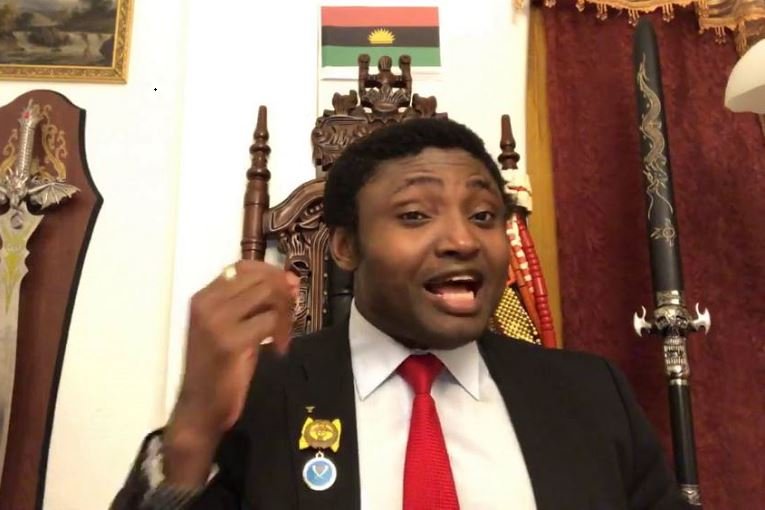
Nigeria’s President Muhammadu Buhari proposed Wednesday a multi-billion dollar jump in spending designed to lift the nation out of the “most challenging economic situation” in its history.
He pitched his NGN 7.3 trillion budget ($23 billion) proposal for 2017 — a 20 percent boost over this year’s spending — as a way to “pull the economy out of recession as quickly as possible.”
Following the global crash in commodity prices, oil-dependent Nigeria is experiencing one of its worst economic crises ever, with the International Monetary Fund predicting the economy will shrink by 1.7 in 2016, the country’s slowest growth in decades.
West Africa’s biggest economy is being strangled by shortages of foreign exchange, militant activity in the oil-producing southern swamplands and electricity blackouts.
“We continue to face the most challenging economic situation in the history of our nation,” Buhari said, addressing the National Assembly in the capital Abuja.
“Yet I remain convinced that this is also a time of great opportunity,” he added.
The Nigerian government said it had earmarked N2.24 trillion — which Buhari said was 30 per cent of the total budget — for spending that will target power works, housing and transportation.
The 2017 budget is based on a crude oil price of $42.50 per barrel, with an oil production estimate of 2.2 million barrels per day and an average exchange rate of 305 naira to the dollar, despite calls from critics who say the currency should be devalued.
– ‘Weak revenue generation’ –
“We are determined to get our production back to at least 2.2 million barrels per day,” Buhari said.
As a result of rebel attacks on oil infrastructure in the Niger Delta, oil production in Nigeria is hovering around 1.9 million barrels per day.
The crash in global oil prices and rebel attacks disrupting oil production, worth 70 percent of government revenue and the bulk of the country’s export earnings, have led to a dollar scarcity.
But unlike other oil exporters, Buhari refused to devalue the naira until June 2016 and has continued to implement unorthodox currency policies that have kept foreign investors at bay.
The naira still isn’t being allowed to float freely, with a growing gap between the interbank market of around 315 to the dollar and a black market rate scraping 480.
The 2016 spending plan was hit by a series of setbacks, with Nigeria’s budget ministry saying in October that it was facing unanticipated revenue shortfalls and that it had spent only a little more than half of what was allocated.
Analysts warn that the 2017 budget will likely face similar problems.
“We still do not anticipate that anywhere near the levels of spending outlined in the proposed budget will be achieved,” financial analysis firm BMI Research said in recent note.
“It is not only weak revenue generation which has hampered government spending… but also government inaction,” BMI Research said.
“Our infrastructure team has as yet seen little indication of major projects getting off the ground.”











